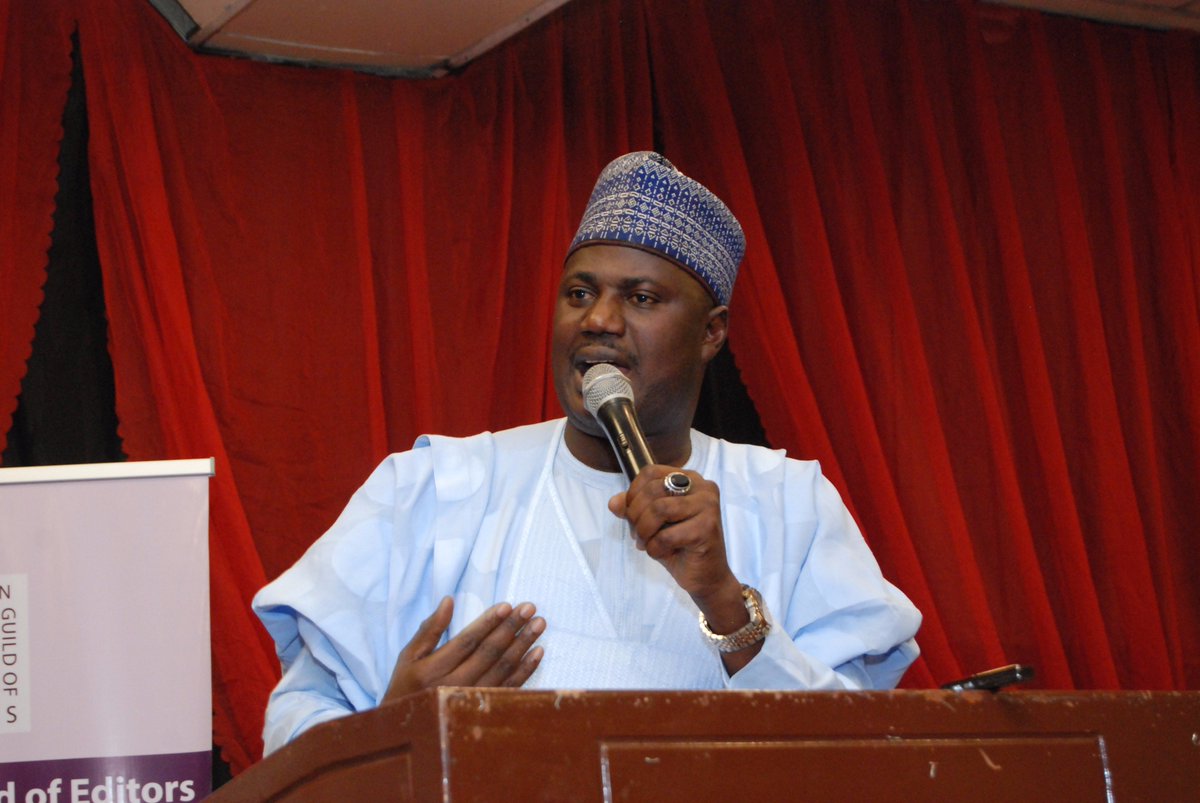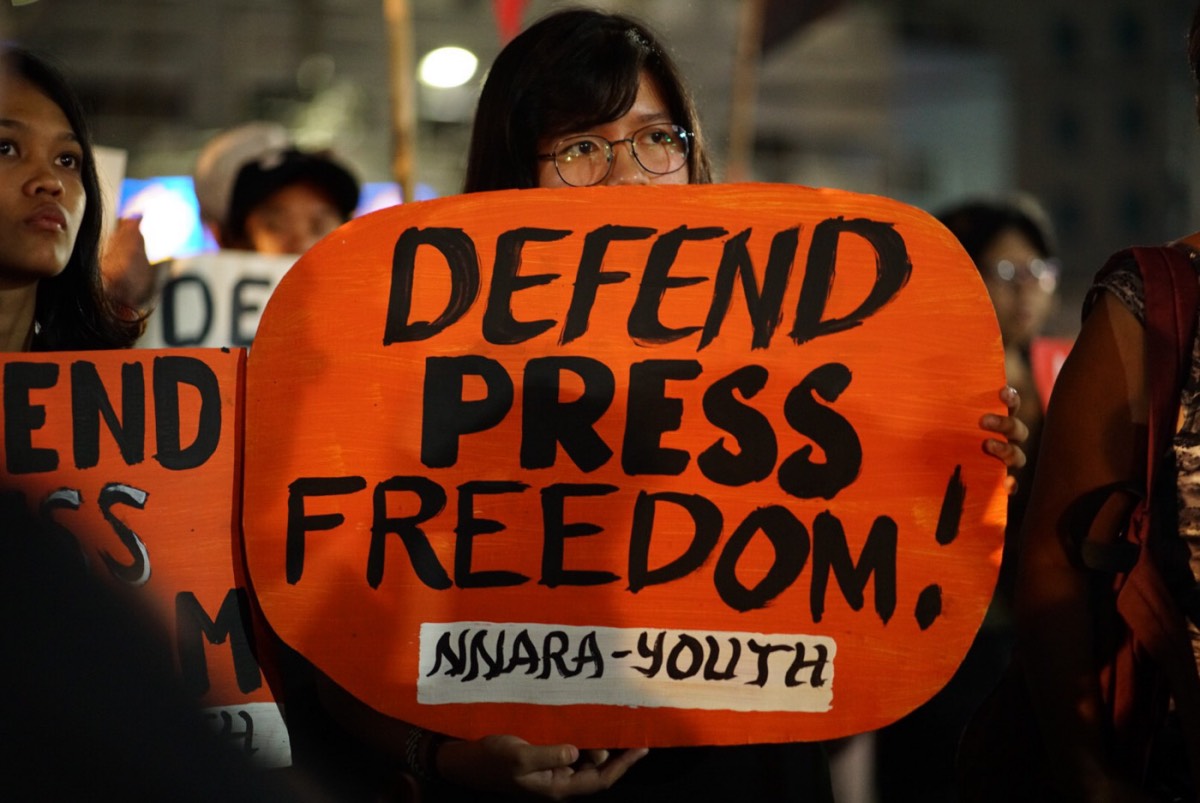Aliyu Sani Abdullahi, a sponsor of the bill seeking to check hate speech, says the death penalty aspect will be amended in line with the wish of Nigerians.
In a statement issued in Abuja on Sunday, November 24, 2019, Abdullahi said the bill will undergo some fine-tuning to reflect the views of Nigerians.
He added that the senate will accept contributions and input by critics and supporters of the bill, saying such will go a long way in giving Nigerians the law to address the “disturbing trend” of hate speech.

Section 4 (2) of the bill provides that any person found guilty of hate speech shall be liable to life imprisonment and where the act causes any loss of life, the person shall be punished through death by hanging.
Civil society groups and human rights activists have rejected the bill, describing it as an attempt to suppress the people and stifle freedom of speech.
But Abdullahi said hate speech has led to the death of many and is a major factor behind depression and suicide in Nigeria.
“We have followed closely arguments for and against the hate speech bill, and seen the reason why some kicked against it. Given the high respect which we have for Nigerians, we will make amendment to the death penalty aspect that most Nigerians objected to, so that a bill that meets their expectations is passed into law,” he said.
“Clearly from the conversations, Nigerians agree that we have a problem in the society today as a result of hate speech which has fueled so many killings and violence, and is responsible for cases of depression and suicides.”
Citing a World Health Organisation report, Abdullahi said Nigeria which is the seventh-largest country in the world “has Africa’s highest rate of depression and ranks fifth in the world frequency of suicide.”
The lawmaker added that the Independent National Commission for the Prohibition of Hate Speech to be established will guard against every act of discrimination against Nigerians by way of victimisation.
The commission, according to Abdullahi, will have an executive chairperson, a secretary and 12 commissioners appointed through rigorous process involving the national council of state, the president and the national assembly.
“The bill provides that those qualified to be appointed as members of the commission must not be: members of the national assembly or any government in authority at the local, state or federal levels,” he said.
The lawmaker added that any person, who is a member of any political party or known to be affiliated with partisan politics, or has promoted sectional, ethnic, religious causes or openly advocated partisan ethnic positions or interest, stands disqualified from being appointed to serve on the commission.
“The overall concern is to curb violence and unnecessary loss of lives and livelihoods of Nigerians due to hate-induced violence,” Abdullahi said.
Read more at ChannelsTv







